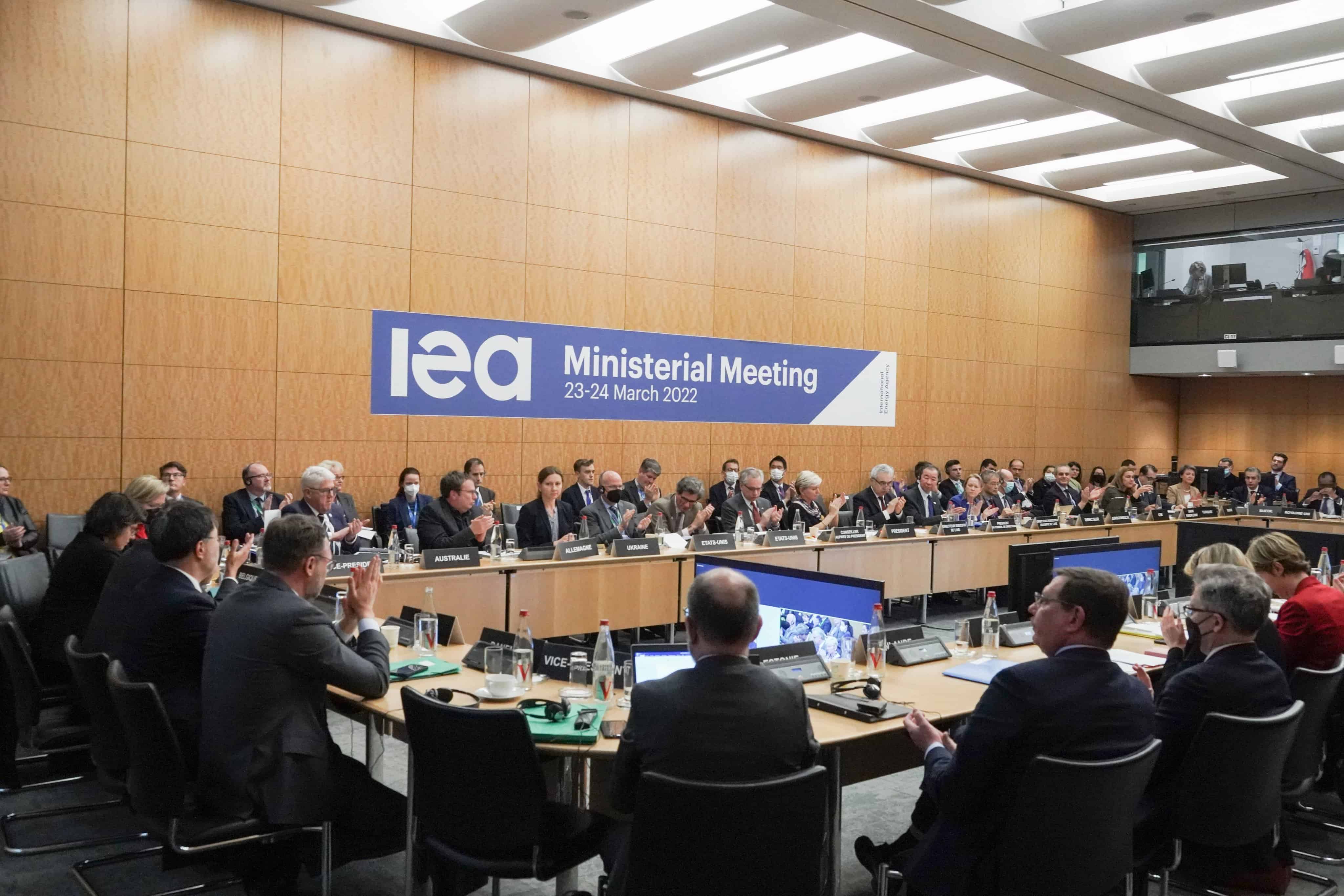While the group said in a statement that it would only disclose the details “early next week”, US President Joe Biden said earlier that they agreed to release “tens of millions of additional barrels of oil onto the market”.
Today @IEA Member Countries once again showed great unity in agreeing to a new collective action to release oil from emergency stocks to support market stability following Russia’s invasion of Ukraine.
Further details to come next week.
Our statement ⬇️ https://t.co/PmoCnEmjvA
— Fatih Birol (@fbirol) April 1, 2022
The IEA members which include the United States, European countries, Australia and Japan, among others had already pledged last month to release 62.7 million barrels of oil.
The meeting came one day after US President Joe Biden announced a record release of US oil onto the market one million barrels every day for six months, or a total of more than 180 million barrels.
The IEA move will mark just the fifth time it has tapped its stockpiles since 1991. Its members hold emergency stockpiles totaling 1.5 billion barrels.
The group repeated its warning that the prospect of large-scale disruptions to Russian oil production “is threatening to create a global oil supply shock”.
“The IEA Ministers reiterated their concerns about the energy security impacts of the egregious actions by Russia and voiced support for sanctions imposed by the international community in response,” the group’s statement said.
The agency’s governing board encouraged members to support Ukraine in the supply of oil products.
The group said the war is putting “significant strains on global oil markets, resulting in heightened price volatility”.
“This is taking place against a backdrop of commercial inventories that are at their lowest level since 2014 and a limited ability of oil producers to provide additional supply in the short term,” the statement said.
The IEA’s announcement also came a day after the OPEC group of oil producing countries and its Russia-led allies decided on another modest oil output increase, ignoring Western pressure to significantly boost production.
On March 7, oil prices flirted with historic highs last seen during the 2008 financial crisis. North Sea Brent crude closed at $139.13 a barrel and West Texas Intermediate hit $130.50.
Prices have since retreated but were still hovering at around $100 a barrel on Friday.

